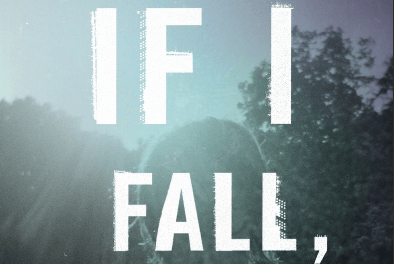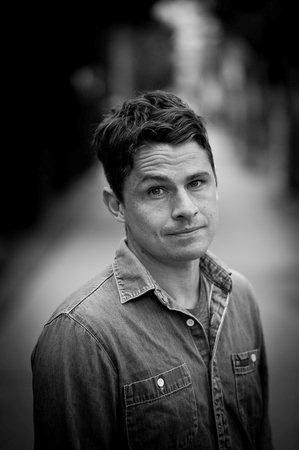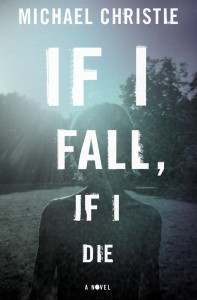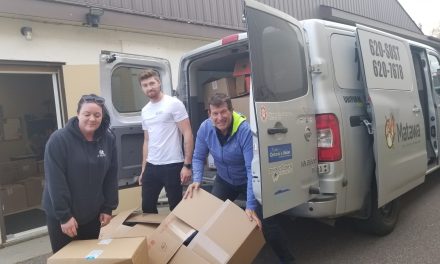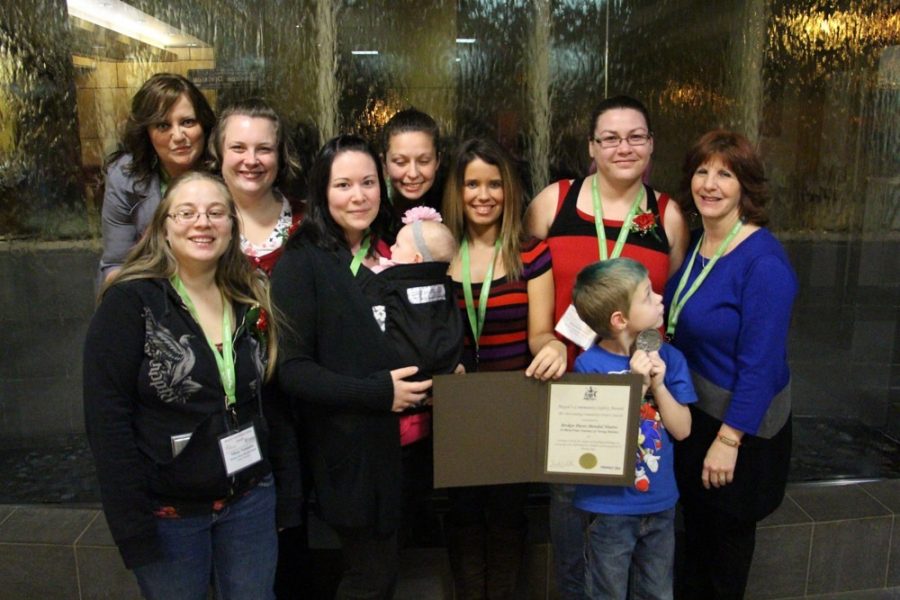By Michael Sobota
Because the truth was that every second of every life was lethally dangerous. Especially in Thunder Bay. Especially for the Cardiels. Especially for Will. And to anyone who would disagree, her only defense would be: What is raising a child except lying? It begins with the first shhhhhh...everything is going to be…and only gets worse from there.
-Diane, in Michael Christie’s If I Fall, If I Die.
Michael Christie pushed his way into the literary light like a Northwestern Ontario fiddlehead curl, grounded in rich soil, strong, eager, determined, and rising fast. That burst was his first published book, the acclaimed collection of stories The Beggar’s Garden.
It was 2011. Four years later, Christie follows up with If I Fall, If I Die, his first novel. Published in January, the novel is set in a recent—but almost timeless—Thunder Bay. It tells the story of 11-year-old Will, who lives secluded in his house with his agoraphobic single mother, Diane. When Will takes tentative steps towards the outside world, he meets Jonah, an Aboriginal boy who introduces him to skateboarding, and together the two become fixated on solving a mystery.
Coming off an initial publicity push for If I Fall, If I Die—including a positive review in The New York Times—Christie talks about the challenge of transitioning from short stories to a novel. “It was a difficult process,” he says. “For me it was about taking risks, about scaring myself, the challenge of trying something new. Of course, it is closely related to my life, and as I wrote, it kept opening up, opening up.”
Although the story takes place in Thunder Bay and has some similarities to Christie’s life, the novel is not an autobiography. “It’s not a memoir,” he says. “A large portion of the story is invented. But there are real parts of my life in it. My own mom was agoraphobic, something I lived with and I still do. And, of course, I was a skateboarder for a while.” [Editor’s note: prior to earning a Master of Fine Arts, Christie was a sponsored skateboarder who travelled the world and wrote for skateboarding magazines.]
Chapters that tell us about Will and Jonah’s adventures move swiftly, while chapters devoted to Diane are slower paced, letting us look deeply into her mental reflections and fears. “That was intentional,” says Christie. “Obviously it would be difficult for a reader to follow long chapters of reflection and interior dialogue. I wrote Will and Jonah’s sections sort of like a Hardy Boy’s adventure. They embark on solving a mystery in that way young boys do, with enthusiasm, taking risks.”
Christie is a young father and has settled his family on Galiano Island. He says that having a family has had a huge impact on his writing. “Having kids influences everything!” he says, laughing. He adds, “It has made me more disciplined as a writer. I have several responsibilities and I have to be focused and disciplined in the time I have for writing. Because that’s what I am, a writer now.”
When asked what he would like readers to take away from If I Fall, If I Die, Christie says, “I would feel good if, after reading it, it would deepen their relationships, in their own lives. Like what scares them and makes them stronger. Like love, how love can deepen.” As Christie’s literary career continues to grow and unfurl, there will be many places that will claim him. Surely Galiano does. And Vancouver gave The Beggar’s Garden the Vancouver Book Award. After reading If I Fall, If I Die, we know he is ours, too. And that bond has only deepened.


